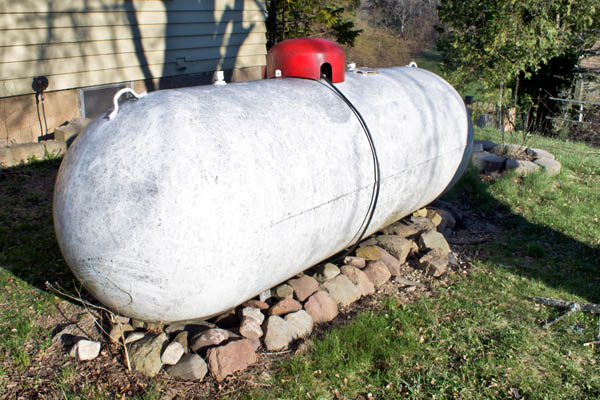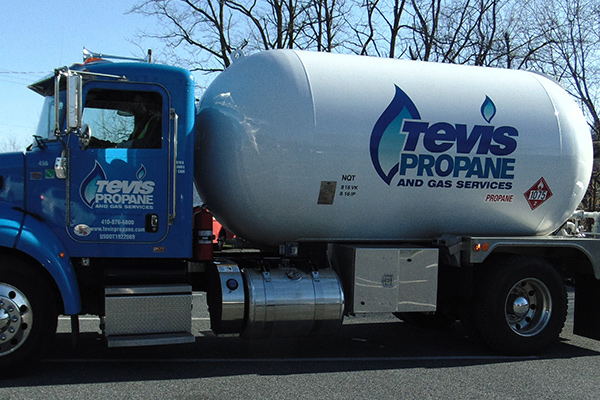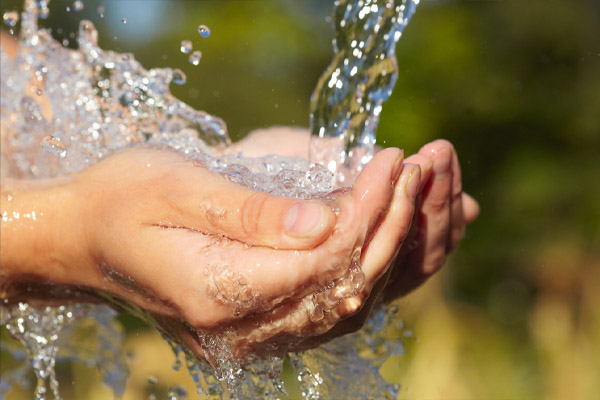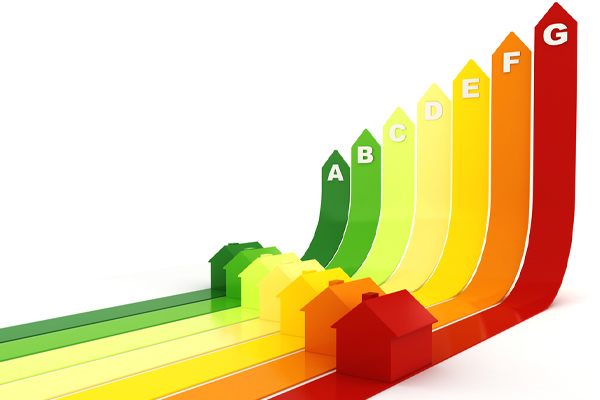Contents

Propane and natural gas are two of the most popular options for home fuel. They are both very useful for home heating and they can power various appliances.
Although these two may sound very similar and alike, they are actually very different from each other. However, a lot of people still confuse the two. In this article, we discuss the main differences between propane vs. natural gas.
Propane vs Natural Gas: What’s The Difference?
To start, let’s define these two fuels first by answering the question: What is natural gas and what is propane?
What Is Natural Gas?
Natural gas is a type of gas that comes from the chemical reactions the occur under the Earth’s surface. In other words, this gas naturally comes from mother nature and is not manufactured; hence, the name.
This gas forms for millions of years as heat and pressure change the layers of decomposing matter. Companies then extract this gas from the ground.
Natural gas is a mix of different gases wherein the bulk of it is methane. At the same time, it includes some small amounts of ethane, butane, and propane.
What Is Propane?

Propane, on the other hand, doesn’t occur naturally. Instead, it’s actually a by-product of processed natural gas or refined petroleum.
This gas is usually compressed into liquid before it’s stored and delivered to your home. As a result, it is also known as LPG or liquefied petroleum gas.
Here in the U.S., around 90% of LPG consumed is produced domestically.
What Are The Differences Between Propane And Natural Gas?
1. Environmental Effects

One of the main reasons why people like using propane gas is because it’s clean. So if you’re concerned about how you impact the environment, it’s among the best fossil fuels that you can use.
Propane gas typically produces only half the carbon dioxide that gasoline would produce, and that’s a significant reduction. In other words, you can use it without any worries about harming soil and water sources nearby.
Natural gas also burns clean compared to other fossil fuels. However, when natural gas leaks, it can be very detrimental to the environment as it has a very high methane content. Unfortunately, methane is a lot more damaging than carbon dioxide. The good thing, however, is that accidental leaks are rare and very unlikely to happen.
Therefore, both propane and natural gases don’t have any negative effects on the environment. In fact, they are considered to be more eco-friendly than coal-powered electricity.
2. Safety Considerations

Both propane and natural gases are difficult to detect, mainly because they’re colorless and odorless. That’s why manufacturers use additives to give them a strong scent that will quickly alert people any time there’s leakage.
This additive is called mercaptan, a harmless chemical that produces a very foul smell that many people link to rotten eggs.
If you ever sense an unusual smell of rotten eggs surrounding your home, it’s a strong indication that there’s some leakage. Immediately, put out any flames around the house like candles and stoves, especially if you’re using natural gas. And if you have a propane tank, turn off the supply.
Make sure that you don’t touch any plugs, as these can create explosive sparks. Instead, just run outside and call an emergency hotline to check your home and take care of any problems inside.
3. Installation And Conversion
Propane and natural gas both require their own special gas fittings. However, it would be easier for you to change between the two if you want to, but you would need a conversion kit.
The only problem is that there might be some limitations that won’t allow you to have both gases.
Let’s take natural gas, for example. This is often delivered to your homes using a network of underground pipes owned and operated by a utility company. But if you live in an area that doesn’t offer this service, then you’d just have to go for other alternatives, like sticking to propane gas.
Propane is known to be a more flexible fuel that doesn’t depend on pipe networks. These are stored in tanks that can easily be refilled once they run low. At the same time, you get two options on the tank size – a small one for better portability and a bigger tank if you need more propane gas for your home.
4. Storage And Delivery
Propane tanks are always your best option if you live in a remote area without any access to natural gas services. It’s very convenient as all you need to do is get your tank filled.
However, the problem with this is that you will need to monitor your usage to make sure you always have enough to last for months or even through winter. But if you want to make it easier for you, you can use an automatic propane delivery service so you can always get your tanks refilled whenever they run low. Essentially, the propane delivery service company monitors your tank for you.
However, if you opt for will-call propane delivery, make sure that you schedule a delivery when your tank is about 30% full. Be sure to call ahead of time in case of emergencies and delays in delivery when weather conditions are harsh.
On the other hand, homeowners who use natural gas will only have access to it as long as they’re connected to the pipelines. So, it’s almost the same as when getting a water supply that you can use any time you need, and then you get billed based on how much you consume.
One major disadvantage of using natural gas is that gas leaks can occur and this is costly on your part as this will be billed as added consumption. Propane leaks, on the other hand, are always limited to the contents of the tank.
5. Energy Efficiency

You can measure the energy produced by fuel in BTUs or British Thermal Units.
It’s been observed that if you have one cubic foot of natural gas, you can produce around 1,030 BTUs. Whereas the same amount of propane produces 2,516 BTUs. In other words, propane gas can produce more than double the heat of what natural gas can.
This is a very big difference. So, if you’re after a higher level of energy efficiency, then using propane gas is your best option.
6. Cost Of Consumption
If you compare propane and natural gas based on cost, you’ll definitely find that propane is sold at higher prices per unit volume. But the direct comparison is not very fair because we all know that propane has a higher heating efficiency.
So instead, you need to multiply the amount of natural gas by about 2.5x to achieve the same results that you can get from propane. This balances things out and will show that propane costs less than natural gas.
Final Words
As you can see, propane and natural gas are very different from one another. But if we summarize it, we can see that propane is safer and highly energy-efficient, while natural gas gives you more convenient access.
Get Superior Propane Service By Calling Tevis Energy

When you want reliable propane delivery in central Maryland and southern Pennsylvania, call Tevis Energy. Our fuel delivery services are fast, friendly, and affordable.
You can trust us to give you first-rate service every time. Call us now to learn more about our options in financing and delivery plans.
We also provide a comprehensive suite of HVAC services for enhancing home comfort, indoor air quality levels, and overall efficiency. Our services include HVAC system tune-ups, installations, and repairs among many other things. Call Tevis Energy today!
Call Tevis Energy today to learn more about the products and services our company offers. We provide free, in-home estimates.
You can click here to contact us now or call us at (410) 876-6800 to find out more!